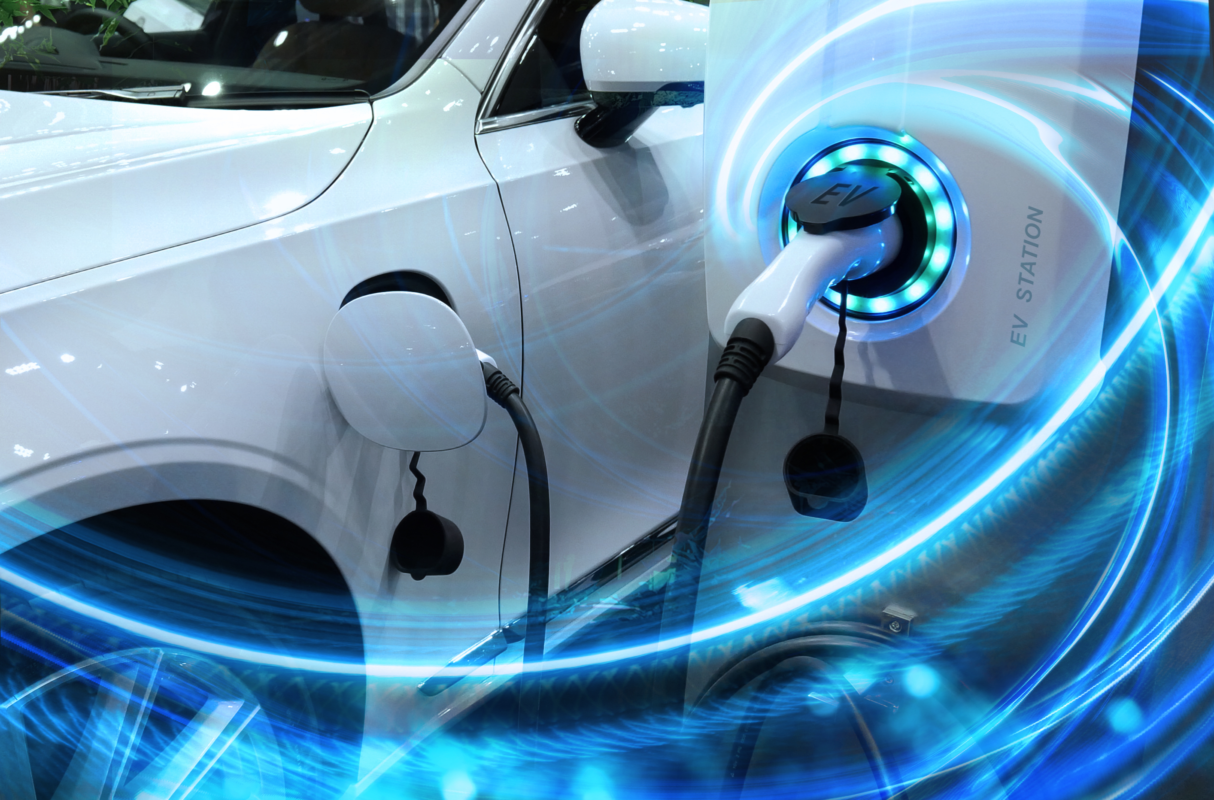By Dr. Chris Kaskavelis and Elisabeth Maragoula
The global energy transition takes a commitment by all players – including governments, citizens, and manufacturers. The New York Times recently published an article on the Transition to Electric Cars, highlighting the challenge of ‘charger deserts’ or areas that currently lack a sufficient charging infrastructure.
In the fuel cell business, this triggers the following questions: How do we solve the problems of charging and range in the so-called ‘charger deserts’ for Electric Vehicles (EVs)? If small towns and cities are unable to match the charging infrastructure with the growing demand of EVs, how will megacities, which house millions of vehicles without garages, integrate EVs into their societies to get more emissions-free vehicles on their roads?
At Advent, we believe that this is where fuel cells come in. And this is where our ‘Any Fuel. Anywhere’ option will solve the problems of charging and range to allow for a faster integration of clean vehicles.
“Solving it all with the ‘Any Fuel. Anywhere’ Fuel Cell“
Solving it All with One Simple Solution
Advent is in the fuel cell business. Fuel cells convert clean fuels into electricity. The traditional fuel cells use Hydrogen, which is costly to transport and has safety issues.
Advent, on the other hand, has developed unique high-temperature proton exchange membrane (HT-PEM) fuel cells that work with Hydrogen, as well as with other fuels (biofuels, E-methanol, natural gas, E-fuels (Hydrogen carriers)) – allowing vehicles an Any Fuel option. Additionally, Advent fuel cells are not water-based and are thus able to operate at a wide range of temperatures (80oC-240oC), which allows vehicles to fill up at the traditional gas station with a few modifications – allowing vehicles the Anywhere option.
Put simply, with Advent’s patented HT-PEM fuel cell technology, just about any EV (from a small vehicle under 15kW to a larger vehicle at above 30kW) can continuously recharge its battery and fill up on a range of zero-emissions liquid fuels. These vehicles with a liquid, lightweight battery are called fuel cell electric vehicles (FCEVs).
FCEVs are still EVs with a battery, they just have more options – the battery recharge and refill options. Advent fuel cells allow drivers to charge when it makes sense, and refill when it doesn’t. The battery is smaller, allowing for a lighter vehicle that is free of range and charging problems. This tackles the problem of ‘charger deserts’ in every town, city, and megacity across the globe.

“Charge when it makes sense, Refill when it doesn’t.“
Advent’s Fuel Cell Technology
Now, let’s talk about how the technology works. Advent’s core product offering is the membrane electrode assembly (MEA), which is the ‘heart’ of the fuel cell. The MEA is the electrochemical element that converts fuel to electricity and electricity to fuel.
Advent develops 5kW to 100kW range extenders that fit the needs of an array of vehicles. These extenders complement the current battery electrical vehicle (BEV) technology. They address concerns of recharge time and range by dropping the refill time to minutes and by reducing the need of Lithium-Ion (Li-ion) batteries to less than 50 percent. With Advent’s technology, the concern of ‘charger deserts’ simply goes away.
“With Advent’s technology, the concern of ‘charger deserts’ simply goes away.“
Here are some of the key benefits:
• Range: A bus can go twice as far as before.
• Refill Time and Flexibility: A vehicle can refill in three minutes (methanol tank) versus three to eight hours required for recharging. It has both options to recharge or refill.
• Weight: The weight is reduced significantly as half the Li-ion batteries are used (and still double the range). For trucks or any large vehicle, the power to weight ratio is one of the most critical factors.
• Cost: The additional cost of the range-extender required is offset by the drop of Li-ion battery requirement (about half the battery size).
• Extreme Weather Operation: Li-ion batteries do not charge or discharge effectively during wintertime (very cold temperatures) and have shortened life in hot weather.
• Battery Charge Management: Having the ability to maintain the battery in the optimum charge/discharge state dramatically increases the lifetime of the battery. Deep discharge typically shortens life. Overcharge shortens life. The range extender can charge for optimum battery life on the fly.

